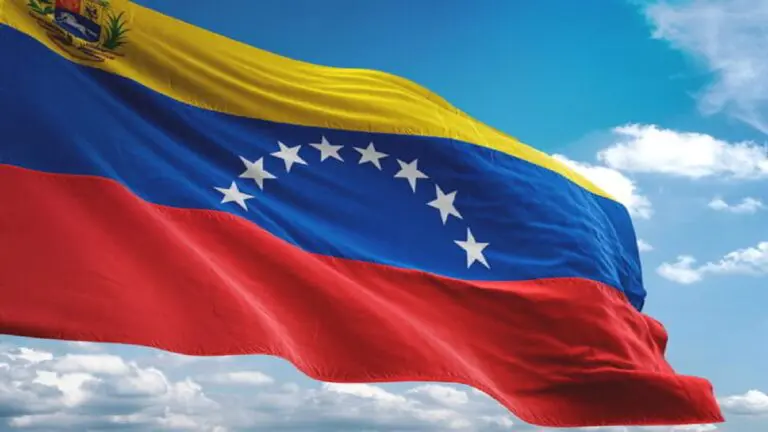
Caracas, October 5 (RHC)-- The former candidate of the ultra-right for the presidency of Venezuela, Edmundo González Urrutia, affirmed this Friday that his departure from the South American country is only temporary, an issue that the president of the National Assembly, Jorge Rodríguez, defined as a violation of the asylum rules.
During an appearance at the Forum La Toja-Vínculo Atlántico, the far-right candidate affirmed his intention to return to Venezuela and asked the Government of Spain that his position be recognized in accordance with, according to his words, “the popular will of eight million Venezuelans”.
In this way, he continues to insist that he was elected president of the country on July 28, despite the fact that he acknowledged, prior to his departure to Spain, that Nicolás Maduro Moros obtained the majority of votes in the elections.
Likewise, former candidate Gonzalez Urrutia expressed his intentions to return to Venezuela as soon as possible to, presumably, take office as president next January 10.
However, as he is a political asylum seeker, in accordance with the steps taken by the governments of Venezuela and Spain, his intentions are contrary to the provisions of international norms, among them the Vienna Convention.
On the subject, the president of the Venezuelan National Assembly, Jorge Rodríguez, denounced in his Instagram account that González Urrutia, “the same day he requests asylum before the Government of Spain, violates the asylum rules. He asks for money double and double. He lies in writing, he lies when he speaks”.
After the violent events promoted by the Venezuelan ultra-right wing after the presidential elections, on July 29 González Urrutia secretly took refuge in the Embassy of the Netherlands in Venezuela, as confirmed by the Minister of Foreign Affairs of the Netherlands, Caspar Veldkamp.
Subsequently, he did so at the Spanish embassy from where he left Venezuela of his own free will, on the night of September 7, to that European country, after the Bolivarian Government granted him a safe-conduct.
Previously, he held meetings with the executive vice-president and the president of the Venezuelan National Assembly, Jorge Rodríguez, where he signed the letter in which he recognized the ruling of the Electoral Chamber of the Supreme Court of Justice (TSJ), the victory of Nicolás Maduro and the five powers of the State set forth in the Venezuelan Constitution.
However, upon his arrival in Spain, he made statements in which he stated that the letter was signed under duress.
In view of this fact, the President of the Parliament, Jorge Rodríguez, showed evidence that ratifies that there was no coercion during the meeting at the Spanish diplomatic headquarters in Caracas, by the representatives of the Venezuelan Government present.

